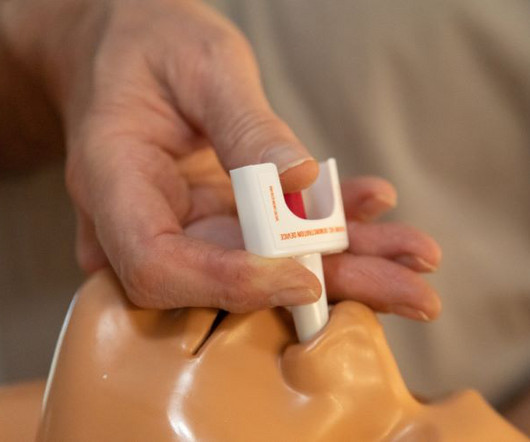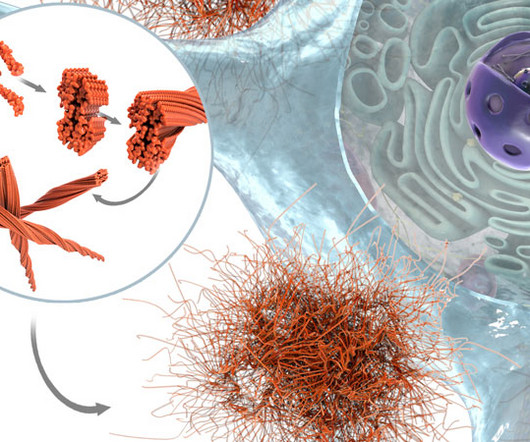Thursday pharma headlines
World of DTC Marketing
FEBRUARY 4, 2021
regulators knew about reports of suicidal behavior in men taking the anti-baldness treatment Propecia when they decided not to warn consumers of those potential risks in a 2011 update of the popular drug’s label. The national vaccine safety surveillance program run by the Centers for Disease Control and Prevention (CDC) and the U.S.












Let's personalize your content